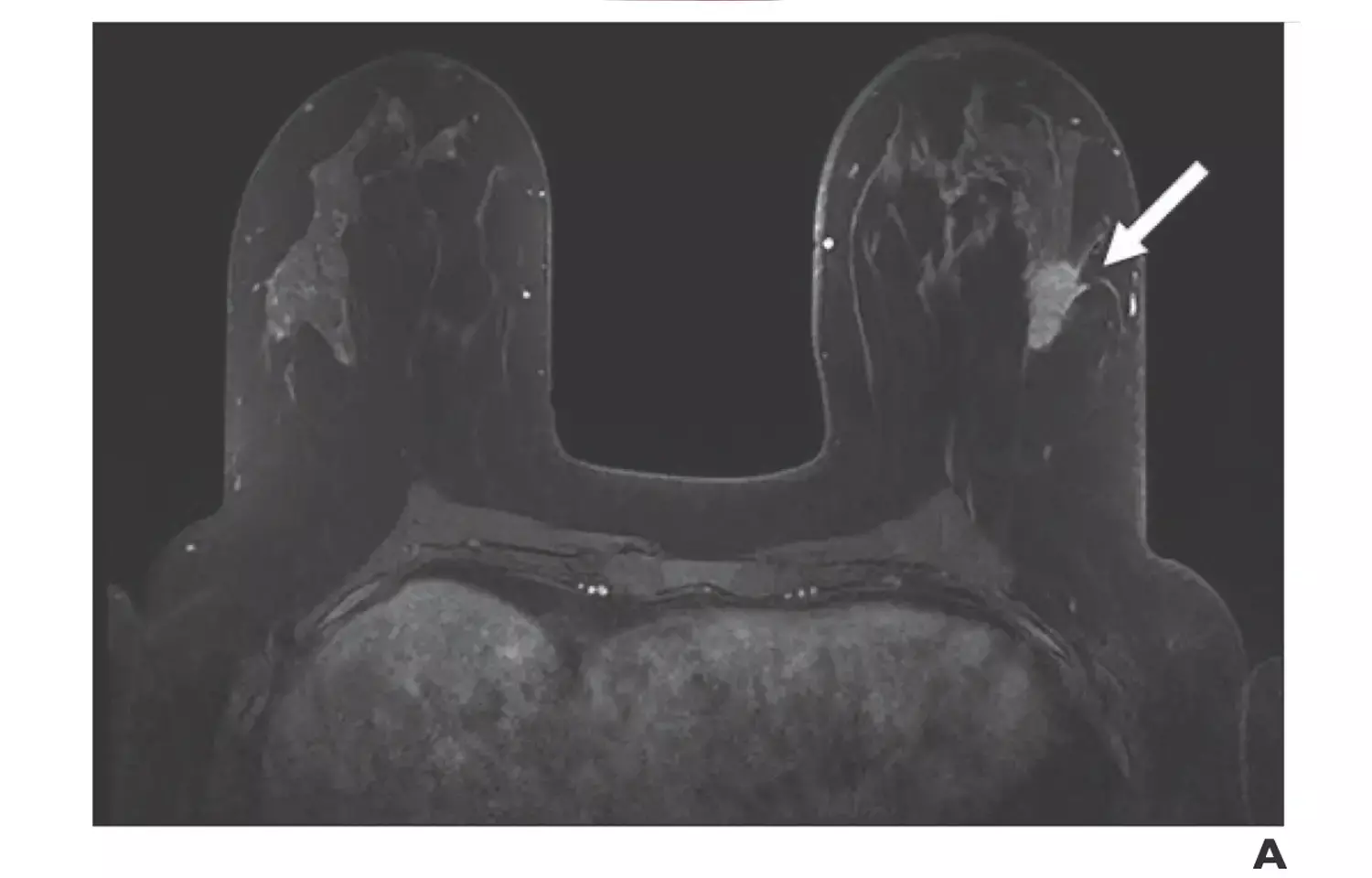- Home
- Medical news & Guidelines
- Anesthesiology
- Cardiology and CTVS
- Critical Care
- Dentistry
- Dermatology
- Diabetes and Endocrinology
- ENT
- Gastroenterology
- Medicine
- Nephrology
- Neurology
- Obstretics-Gynaecology
- Oncology
- Ophthalmology
- Orthopaedics
- Pediatrics-Neonatology
- Psychiatry
- Pulmonology
- Radiology
- Surgery
- Urology
- Laboratory Medicine
- Diet
- Nursing
- Paramedical
- Physiotherapy
- Health news
- Fact Check
- Bone Health Fact Check
- Brain Health Fact Check
- Cancer Related Fact Check
- Child Care Fact Check
- Dental and oral health fact check
- Diabetes and metabolic health fact check
- Diet and Nutrition Fact Check
- Eye and ENT Care Fact Check
- Fitness fact check
- Gut health fact check
- Heart health fact check
- Kidney health fact check
- Medical education fact check
- Men's health fact check
- Respiratory fact check
- Skin and hair care fact check
- Vaccine and Immunization fact check
- Women's health fact check
- AYUSH
- State News
- Andaman and Nicobar Islands
- Andhra Pradesh
- Arunachal Pradesh
- Assam
- Bihar
- Chandigarh
- Chattisgarh
- Dadra and Nagar Haveli
- Daman and Diu
- Delhi
- Goa
- Gujarat
- Haryana
- Himachal Pradesh
- Jammu & Kashmir
- Jharkhand
- Karnataka
- Kerala
- Ladakh
- Lakshadweep
- Madhya Pradesh
- Maharashtra
- Manipur
- Meghalaya
- Mizoram
- Nagaland
- Odisha
- Puducherry
- Punjab
- Rajasthan
- Sikkim
- Tamil Nadu
- Telangana
- Tripura
- Uttar Pradesh
- Uttrakhand
- West Bengal
- Medical Education
- Industry
DWI-MRI predicts risk of DCIS upstaging after surgery in women: Study

Korea: Preoperative diffusion-weighted MRI (DWI-MRI) is effective for the identification of women at high risk of upstaging, a recent study published in the Radiology journal has found. The study showed that in 245 women with biopsy-confirmed DCIS, the rate of upstaging was 41%.
In simple words, this technique is effective for predicting whether biopsy-confirmed ductal carcinoma in situ (DCIS) after surgery will be reclassified as invasive surgery. This could result in better surgical and treatment staging for DCIS patients.
For surgical planning, accurate prediction of upstaging in women with biopsy-proven DCIS is crucial, but there is a lack of published models using predictive MRI features. To fill this knowledge gap, Su Hyun Lee, Seoul National University Hospital, Seoul, Republic of Korea, and colleagues aimed to develop and validate a predictive model based on preoperative breast MRI to predict upstaging in women with biopsy-proven DCIS. Also, they selected high-risk women who may benefit from sentinel lymph node biopsy at initial surgery.
For this purpose, the researchers identified consecutive women with biopsy-proven DCIS who had undergone preoperative 3.0-T breast MRI including dynamic contrast-enhanced (DCE) MRI and diffusion-weighted imaging (DWI), and who underwent surgery between June 2019 and March 2020.
Collections of the apparent diffusion coefficients of lesions from DWI, mammographic findings, lesion size and morphologic features on DCE MRI scans, age, symptoms, biopsy method, and DCIS grade at biopsy were done.
Surgical pathology was used to determine the presence of invasive cancer and axillary metastases. Multivariable logistic regression was used to develop a predictive model for upstaging. It was validated in a subsequent prospective internal validation set recruited between July 2020 and April 2021.
The study led to the following findings:
· Fifty-seven (41%) of 140 women (mean age, 53 years) in the development set and 43 (41%) of 105 women (mean age, 53 years ± 10) in the validation set were upstaged after surgery.
· The predictive model combining DWI and clinical-pathologic factors showed the areas under the receiver operating characteristic curve at 0.87 in the development set and 0.76 in the validation set.
· The predicted probability of invasive cancer showed good interobserver agreement (intraclass correlation coefficient, 0.79); the positive predictive value was 85% (28 of 33), and the negative predictive value was 92% (22 of 24).
"For selecting women indicated for sentinel node biopsy at initial surgery, the predicted probability of invasive cancer by the model was a reproducible parameter. This avoided unnecessary axillary surgery and prevented delayed secondary surgery," the researchers concluded.
Reference:
Lee SA, Lee Y, Ryu HS, Jang MJ, Moon WK, Moon HG, Lee SH. Diffusion-weighted Breast MRI in Prediction of Upstaging in Women with Biopsy-proven Ductal Carcinoma in Situ. Radiology. 2022 Jul 5:213174. doi: 10.1148/radiol.213174. Epub ahead of print. PMID: 35787199.
Dr Kamal Kant Kohli-MBBS, DTCD- a chest specialist with more than 30 years of practice and a flair for writing clinical articles, Dr Kamal Kant Kohli joined Medical Dialogues as a Chief Editor of Medical News. Besides writing articles, as an editor, he proofreads and verifies all the medical content published on Medical Dialogues including those coming from journals, studies,medical conferences,guidelines etc. Email: drkohli@medicaldialogues.in. Contact no. 011-43720751


